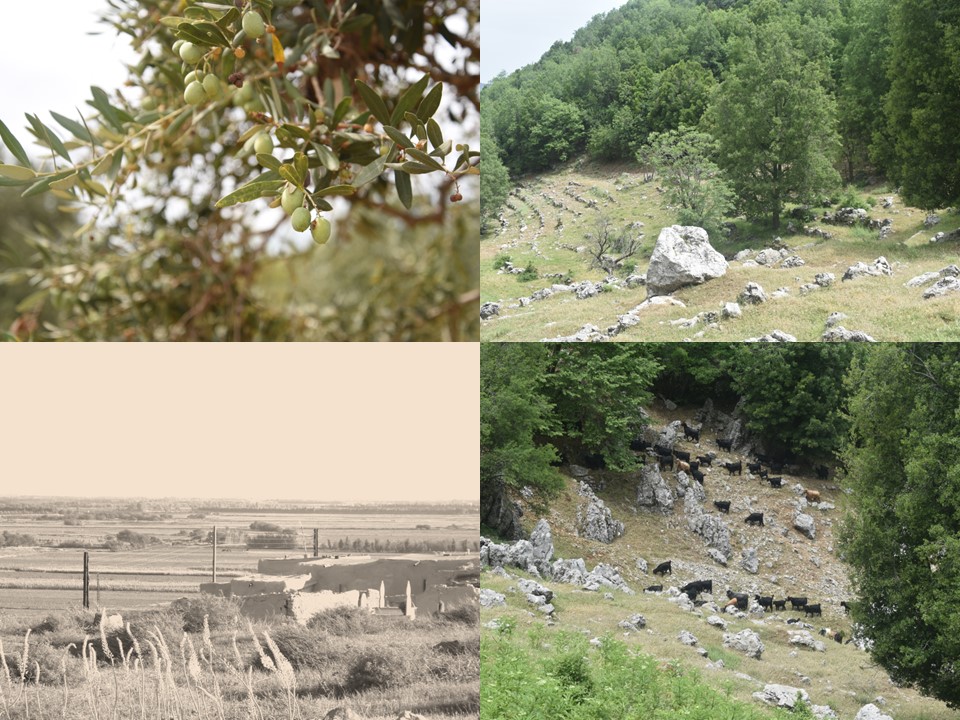
This course examines the archaeology of one of the most fundamental shifts to have occurred in human society in the last 12,000 years, the origins of agriculture. Via assigned readings, class work and lectures we will consider the varied factors which led (or did not lead) to the adoption of agriculture, questioning what the core building blocks of agricultural life were across Western Asia and exploring societies that did not experience these changes. We will also discuss the impacts these developments have had, and continue to have, on modern society and culture in the Middle East, North Africa and beyond. For many scholars the roots of inequality and inequity can be seen more than ten thousand years ago, with the domestication of plants and animals. By exploring processes and practices over the long-term, students will build an understanding of and critically engage with discussions around inequality in the earliest agricultural societies. They will develop an understanding of how axes of power and difference interacted to produce inequalities and hierarchies in the ancient world, and how we can identify and interpret these through the archaeological record. Themes covered will include inequalities and hierarchies, societal organisation, identity (gender, ethnicity, culture, personhood etc.), communication, and the relationships between humans, animals, and the environment. Whilst doing so, the class will also critically examine the discipline of archaeology, considering the ways different biases have impacted the study of ancient agriculture. We will also address the relationships between colonialism and archaeology in Western Asia and explore what the future of a post-colonial and anti-racist archaeology looks like in this region.
- Instructor of record: Jennie Bradbury
